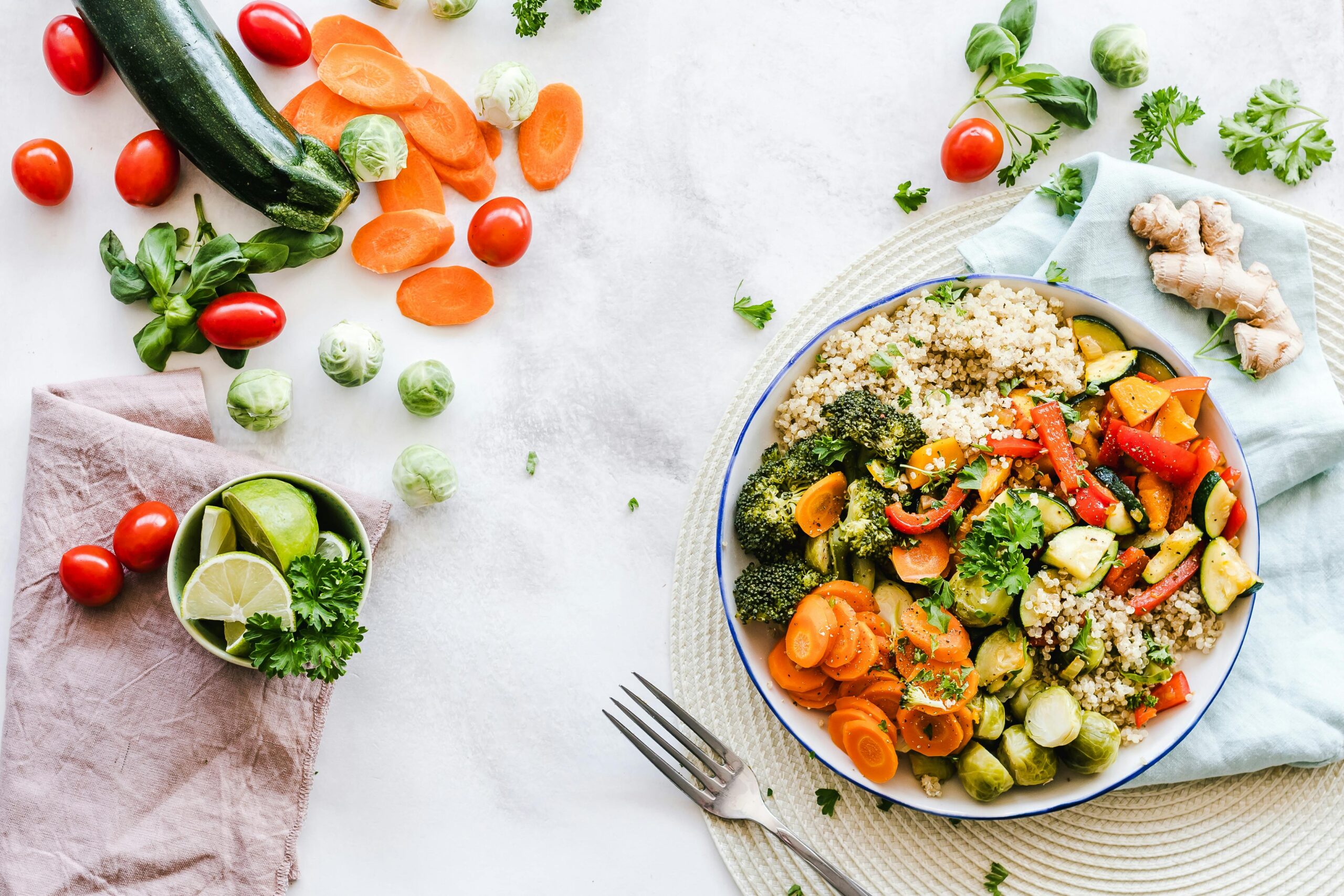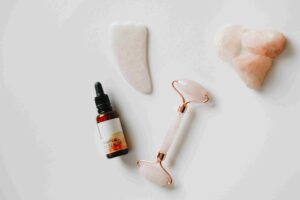Collagen is a vital protein that provides structure to your skin, hair, nails, bones, and connective tissues. As we age, collagen production naturally declines, leading to wrinkles, sagging skin, and weaker joints. Incorporating collagen-boosting foods into your diet can help support your body’s natural collagen production and maintain a youthful appearance.Here are some important foods to think about:
1. Protein-Rich Foods
The main amino acids that make up collagen are glycine, proline, and hydroxyproline. Eating protein-rich foods provides these building blocks for collagen synthesis.
- Chicken: Rich in connective tissue, often used to make bone broth.
- Egg Whites: High in proline, a key amino acid for collagen formation.
- Fish and Shellfish: Packed with amino acids and omega-3 fatty acids that support skin elasticity.
2. Vitamin C-Rich Foods
Vitamin C is essential for collagen production as it helps convert proline into hydroxyproline, a major component of collagen.
- Citrus Fruits: Oranges, lemons, and grapefruits.
- Berries: Strawberries, blueberries, and raspberries.
- Bell Peppers: Especially red and yellow varieties.
- Kiwi: A potent source of vitamin C.
3. Foods High in Zinc and Copper
These minerals activate enzymes that help synthesize collagen and repair damaged tissues.
- Nuts and Seeds: Almonds, sesame seeds, and pumpkin seeds are among the nuts and seeds.
- Legumes: Lentils, chickpeas, and beans.
- Shellfish: Oysters and crab.
4. Antioxidant-Rich Foods
Collagen is shielded from free radical damage by antioxidants.
- Leafy Greens: Spinach, kale, and Swiss chard.
- Tomatoes: High in lycopene, which supports skin health.
- Green Tea: Contains polyphenols that protect against collagen breakdown.
5. Foods Containing Hyaluronic Acid
Hyaluronic acid helps retain moisture in the skin and supports collagen.
- Soy Products: Tofu, soy milk, and edamame.
- Bone Broth: Derived from simmering animal bones and connective tissue.
6. Omega-3 Fatty Acids
Omega-3s reduce inflammation and help maintain skin integrity.
- Fatty Fish: Salmon, mackerel, and sardines.
- Flaxseeds and Chia Seeds:Chia and flax seeds are great plant-based sources of omega-3 fatty acids.
- Walnuts: A nutrient-dense snack for skin health.
7. Foods Rich in Sulfur
Detoxification and collagen production both require sulfur.
- Garlic: Contains sulfur and taurine, which help rebuild damaged collagen.
- Onions and Leeks: Other sulfur-rich vegetables to consider.
8. Carotenoid-Rich Foods
Carotenoids protect skin from sun damage, indirectly preserving collagen.
- Carrots: Beta-carotene, a precursor of vitamin A, is abundant in carrots.
- Sweet Potatoes: Promote skin repair and elasticity.
Tips for Maximizing Collagen Absorption
- Avoid Excess Sugar: Glycation, caused by high sugar intake, damages collagen fibers.
- Stay Hydrated: Water supports skin elasticity and overall health.
- Use Supplements When Needed: Collagen peptides or powders can be added to your diet for a boost




